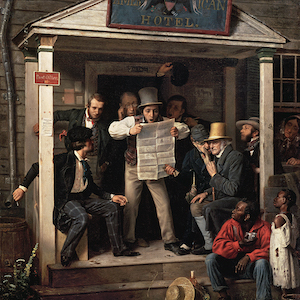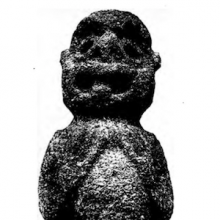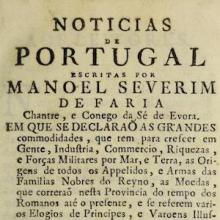Imperial/ Colonial

Gertrude Bell Project
In the teaching of world history, this site lends itself to exploring both the themes of women travelers and their writing, as well as the timely topic of European intervention in the Middle East, in particular Iraq.
Internet African History Sourcebook
The site provides broad chronological and geographic coverage, with a particularly impressive list of sources for ancient Egypt and Greek and Roman Africa. It is a gateway to an abundance of information.
Vistas: Visual Culture in Spanish America, 1520-1820
Students could speculate on who made the objects, who used them, and how they were used. This would give them a sense of the kind of interpretive work done by historians.
Renunciation case against Gertrudis de Escobar, Mexico, 1659
This document is the proceedings of an 1659 Inquisition case brought against a 14 year old girl. The girl, named Gertrudis de Escobar, was accused of the crime of renouncing God. Gertrudis de Escobar was the child of a black person and a white person, termed at that time a mulata.

Mexican-American War and the Media
The contrast between coverage of the war in the United States and in England is particularly striking.
The Spanish-American War in Motion Pictures
The collection calls attention to the way in which the emergence of the American Empire coincided with—and was in important ways shaped by—the birth of the cinema.Long Teaching Module: Children in Late Imperial China, 900-1930
An exploration of primary sources on childhood in late imperial China (framed broadly as the Song through Qing dynasties, ca. 960-1911 CE) offers a window into lived experience and the diverse ways in which childhood itself could be imagined and articulated.

Long Teaching Module: New Zealand Childhoods (18th–20th c.)
This teaching module explores how colonization shaped the nature of childhood in New Zealand both among indigenous populations and those of European descent.

Short Teaching Module: Orphans and Colonialism (17th c.)
The story of colonialism in the early modern era is generally told as one of adults—and primarily adult men—exploring, conquering, and transporting goods and ideas.
Short Teaching Module: Surnames and Nationality
Images of 1989 tend to center on dramatic events in Berlin, Warsaw, Prague, or other major East European cities. However, many of the changes in Eastern Europe and the world were far more subtle but no less important.